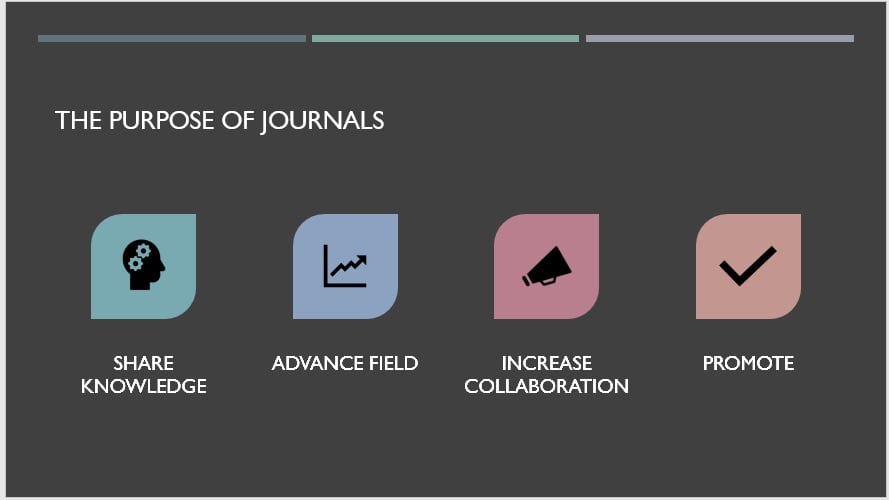In an interesting session today @ESICM #LIVES2019 in Berlin, Dr. Adrian Wong, Consultant, Intensive Care Medicine and Anaesthesia, Royal Surrey County Hospital, UK, presented his views about printed journals and their purpose in the digital age.
Dr. Wong began with a short history of the first scientific journal devoted to science which was published in 1665 - The Philosophical Transaction of the Royal Society. The full title was the journal Philosophical Transactions, Giving some Account of the Present Undertakings, Studies, and Labours of the Ingenious in many considerable parts of the World. The aim of the publication was to create a public record of original contributions to knowledge and to encourage scientists to “speak” directly to one another. By providing intellectual credit publicly for innovative claims in natural philosophy, the journal encouraged scientists to disclose knowledge that they might otherwise have kept secret.
But that was then, and this is now. What is the purpose of scientific/medical journals today? When there was no Internet and no digital media, these publications were used primarily to share knowledge and advance the field of science. They also promoted authors and their groups whilst increasing collaboration with like-minded individuals. But is that still relevant today?

WF Miser wrote, back in 1999 - "If physicians would read two articles per day out of the six million medical articles published annually they would fall 82 centuries behind with their reading.” Times have changed, the way we work has changed.
How many still rely on paper journals? What do you do if there is an interesting article or section? Do you make notes? Do you tear that section? What if you want to access that information later on? Will you have it with you? Or will it all end up in the recycle bin? These are all questions that need to be asked when questioning whether printed journals still have a purpose. The environmental impact should be considered.
Most of our knowledge now is available digitally. Readily available, not restricted by geographical borders. Information is accessible 24/7. Even if you consider the publication process, things have changed drastically. No one handwrites their manuscript. They are typed, edited, reviewed, revised, etc. Everything has been made easier and faster digitally. So why go back to the final product of paper? Especially since digital archiving is probably where it is best stored and utilised.
Dr. Wong did point out that there are still questions over the quality and impact of the digital format, but overall studies have also shown that comprehension (which is ultimately the goal), is better on the printed than digital format.
So we are back to the original question: Are paper journals obsolete? Dr. Wong concluded that the digital media offers numerous advantages over the printed format and that the days of printed scientific journals may be now quite limited. He acknowledged that there might be sceptics out there, but then he quoted Grace Hopper, a Rear Admiral in the US Navy (also known as Amazing Grace) who once said, The most dangerous phrase in the language is "we've always done it this way."
Source: Adrian Wong’s Presentation @ESICM 2019
Image Credit: Adrian Wong
Latest Articles
European Society of Intensive Care Medicine, #LIVES2019, @ESICM, ESICM 2019
In an interesting session today @ESICM #LIVES2019 in Berlin, Dr. Adrian Wong, Consultant, Intensive Care Medicine and Anaesthesia, Royal Surrey County Hospital, UK, presented his views about printed journals and their purpose in the digital age.










